Artificial Intelligence (AI) is rapidly reshaping the music industry—from songwriting to sound design and distribution. While AI offers exciting tools for creativity and production, it also introduces serious challenges that artists, producers, and listeners must carefully consider.
What Are the Risks of AI in Music?
AI in music involves the use of machine learning algorithms to compose, perform, analyze, or assist in music creation. Despite its potential to innovate, AI raises complex concerns about originality, ethics, legality, and the future of human artistry in music.
Key Risks in AI and Music
Copyright and Intellectual Property Concerns
AI-generated music often draws from vast datasets of existing compositions, some of which are copyrighted. This raises questions about the legality of AI outputs and who holds the rights to them—the creator of the AI, the user, or the artists whose works trained the AI.
Loss of Human Expression
Music is deeply emotional and personal, often reflecting human experiences and stories. Critics argue that AI-generated music can lack the soul, spontaneity, and emotional nuance that human musicians bring, leading to compositions that feel mechanical or generic.
Job Displacement in the Music Industry
As AI tools become more advanced, they may reduce the need for composers, session musicians, sound engineers, and even producers. While AI can enhance productivity, there’s a growing concern that it may also replace human roles in music creation and production.
Ethical Dilemmas in Imitation
Some AI tools can mimic the style of well-known musicians or generate vocals that sound like real artists. This imitation can border on impersonation, raising ethical questions about consent, artistic identity, and the use of someone’s voice or style without permission.
Bias in Music Data
AI systems trained on biased or limited datasets may favor certain genres, languages, or cultural influences, sidelining underrepresented music traditions. This could reinforce stereotypes or reduce the diversity of musical expression in AI-generated content.
Oversaturation and Quality Control
AI makes it easier to generate large volumes of music quickly. However, this can lead to oversaturation of the market with low-quality or formulaic tracks, making it harder for authentic, original music to stand out and reach audiences.
Conclusion
AI is undoubtedly reshaping the music landscape by making composition and production more accessible. However, these advancements come with significant risks—legal, ethical, and creative—that must be carefully managed. Striking a balance between innovation and integrity is essential to ensure that AI supports, rather than undermines, the rich, expressive world of music.


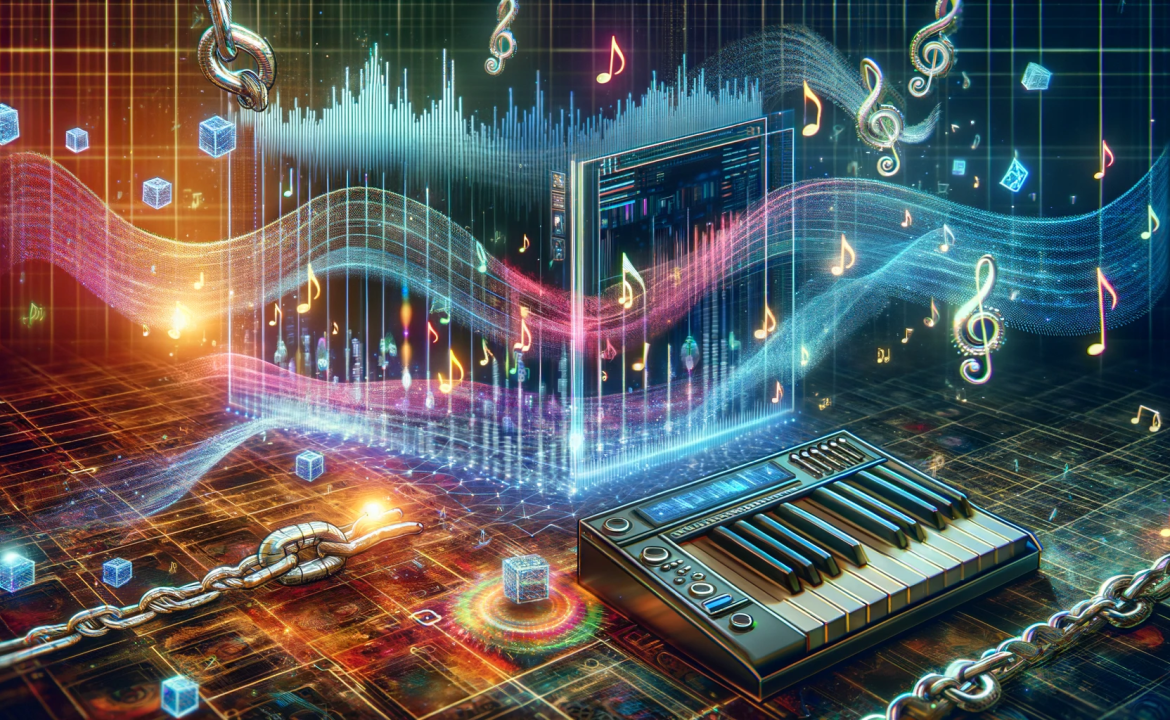
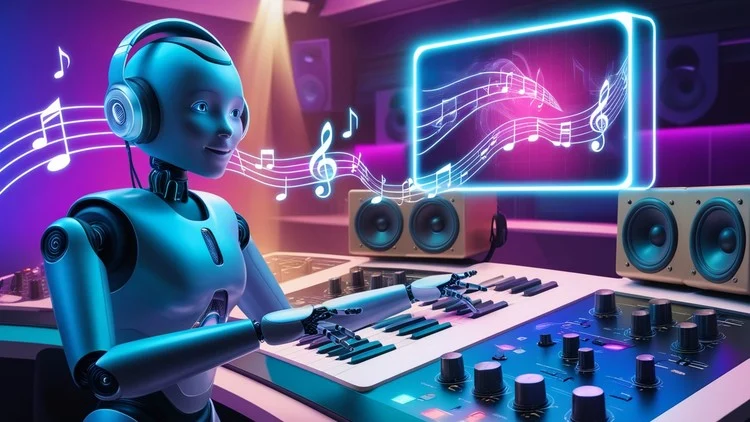
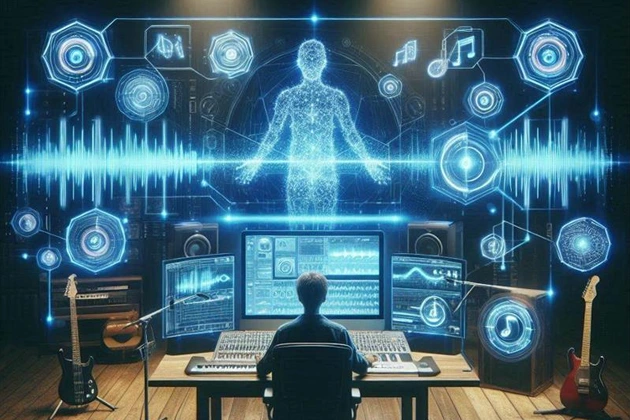
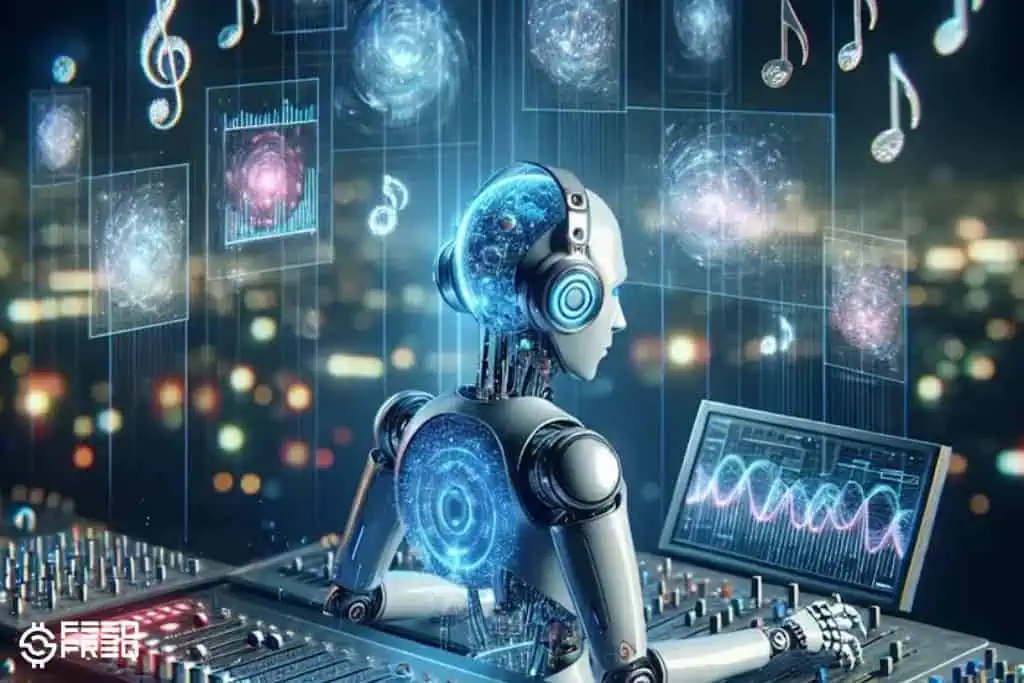
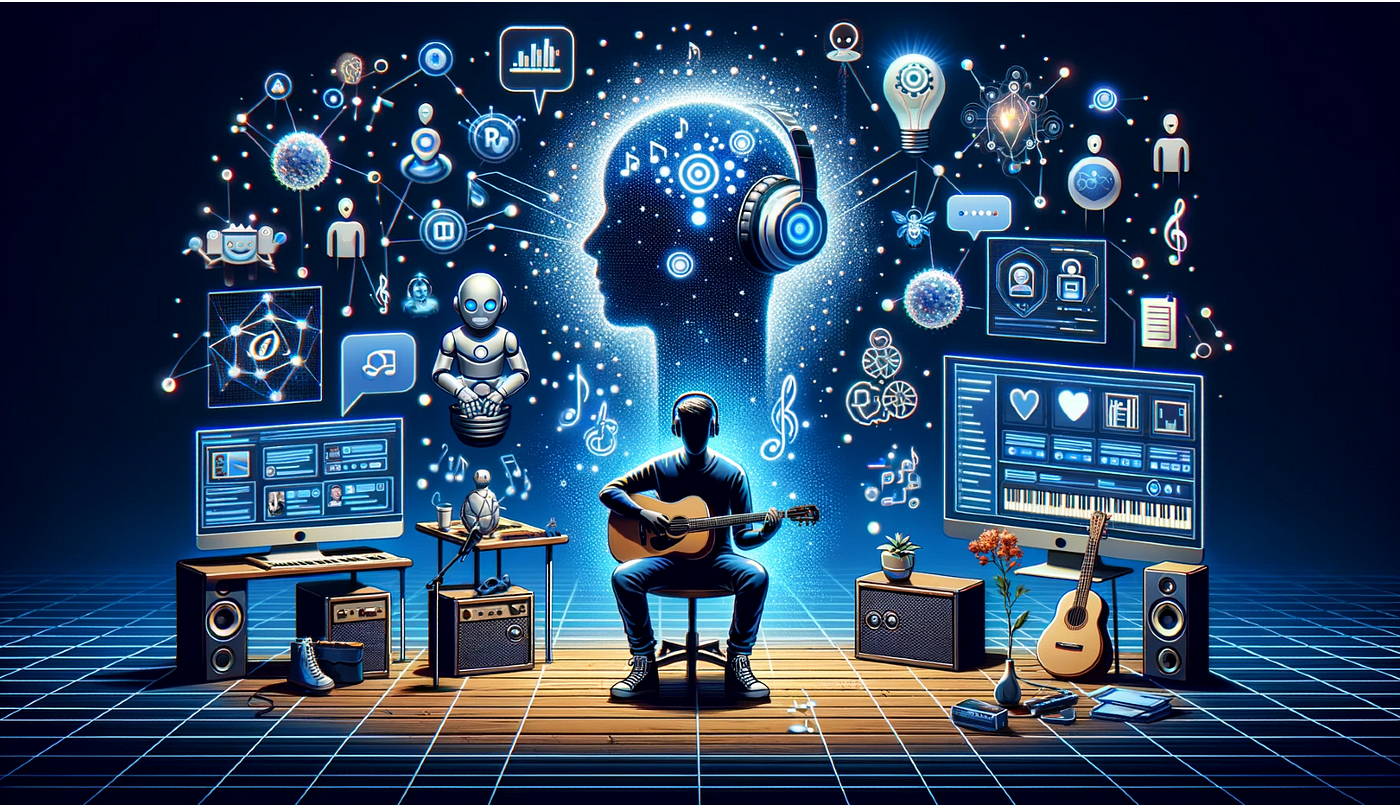
Leave feedback about this